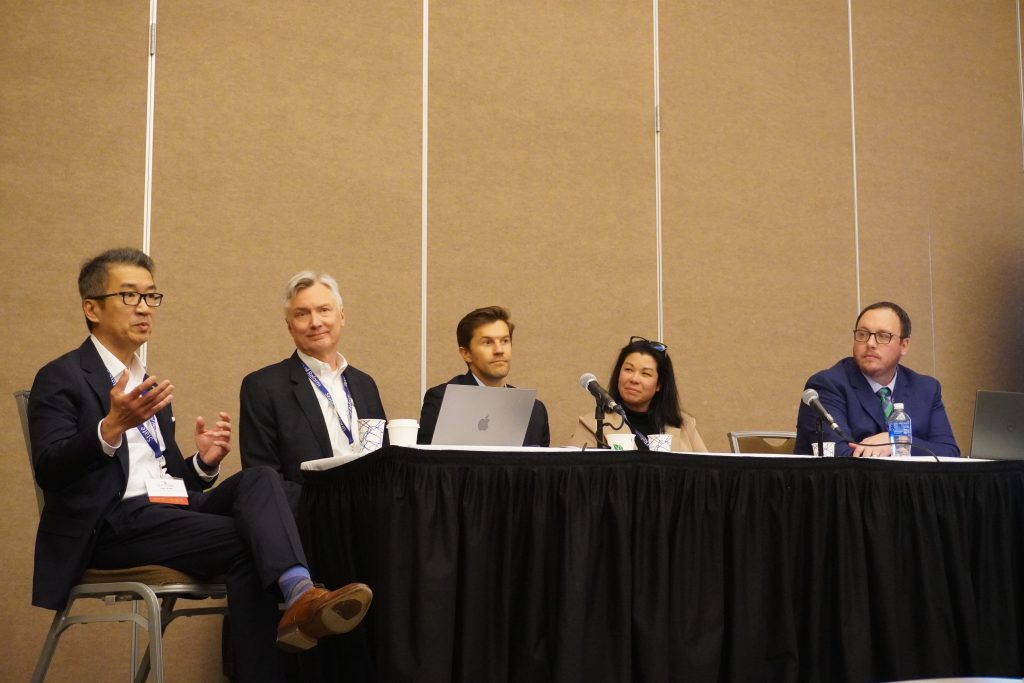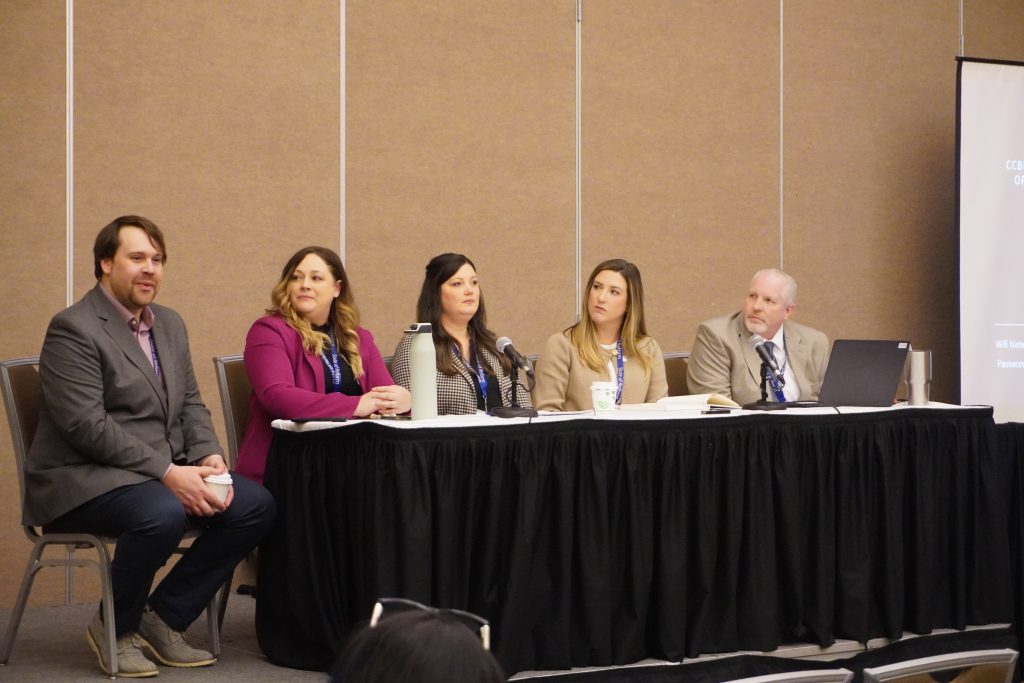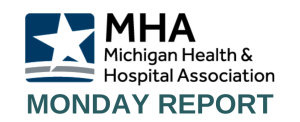
 The Michigan Legislature introduced several bills recently related to behavioral health. The bills are a result of MHA advocacy activity that supports the behavioral health section of the MHA Strategic Action Plan.
The Michigan Legislature introduced several bills recently related to behavioral health. The bills are a result of MHA advocacy activity that supports the behavioral health section of the MHA Strategic Action Plan.
Each of the bills proposes specific policies that would address some of the challenges hospitals experience when behavioral health patients seek care in the emergency department (ED).
A summary of each bill is provided below:
- Senate Bill (SB) 802 introduced by Sen. Wojno (D-Warren): Requires sharing of the availability of community based mental health and substance use disorder services and integrates that information with the Michigan Crisis and Access Line.
- SB 806 introduced by Sen. Hauck (R-Mount Pleasant): Expands the three-hour assessment responsibility by allowing clinically qualified staff to conduct pre-admission screenings for a patient presenting in an ED.
- SB 811 introduced by Sen. Huizenga (R-Walker): Expands hospital swing bed eligibility to include inpatient behavioral health patients, beyond existing acute care or skilled nursing care patients.
- SB 833 introduced by Sen. Geiss (D-Taylor): Prohibits arbitrary limitations placed by commercial insurers on the duration of inpatient psychiatric admissions that are not consistent with care for physical health admissions.
Advocating in favor of these bills is a large focus for MHA advocacy and policy staff for the remainder of the session. The MHA is also working closely with other lawmakers for introduction of additional legislation specific to this issue. An infographic on the problems hospitals experience caring for behavioral health patients in the ED and proposed solutions will be shared with lawmakers. The resource includes data points from the MHA’s weekly behavioral health ED boarding survey.
Members with questions on these bills should contact Lauren LaPine at the MHA.






 The Senate Appropriations Department of Health and Human Services Subcommittee convened March 28 to hear testimony on the state’s opioid settlement dollars. Testimony began with Amy Dolinky, technical adviser for opioid settlement funds at the Michigan Association of Counties (MAC), providing an
The Senate Appropriations Department of Health and Human Services Subcommittee convened March 28 to hear testimony on the state’s opioid settlement dollars. Testimony began with Amy Dolinky, technical adviser for opioid settlement funds at the Michigan Association of Counties (MAC), providing an 
 Registration Open for 2024 Healthcare Leadership Academy
Registration Open for 2024 Healthcare Leadership Academy The Three In-bound Truth Bombs set to Explode in U.S. Healthcare
The Three In-bound Truth Bombs set to Explode in U.S. Healthcare